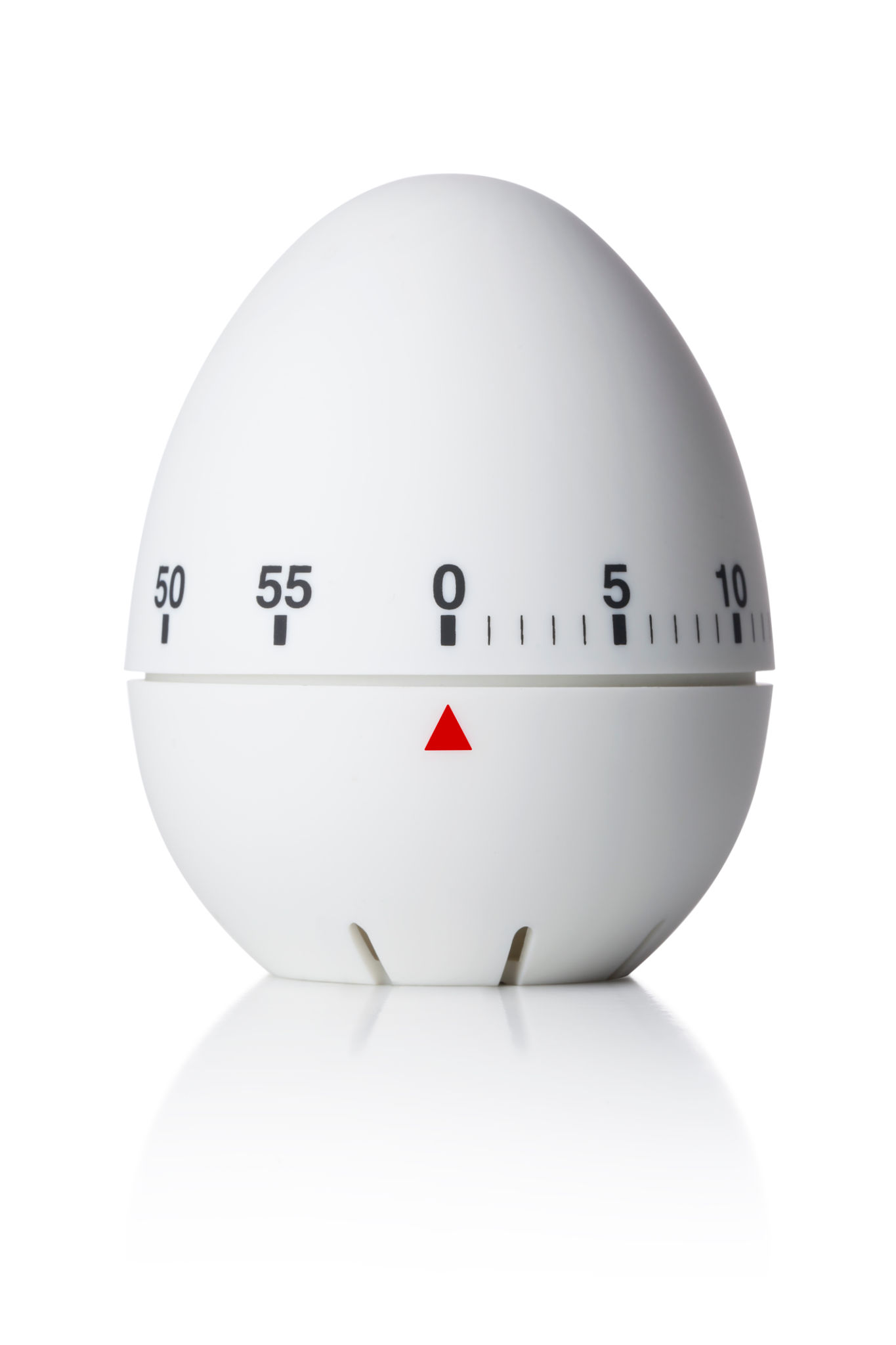The Essentials of Gourmet Cooking: Key Techniques and Ingredients for Success
The Art of Gourmet Cooking
Gourmet cooking is more than just preparing a meal; it's an art form that combines precision, creativity, and a deep understanding of ingredients. Whether you're a seasoned chef or a home cook looking to elevate your culinary game, mastering the essentials of gourmet cooking can bring sophistication and delight to your dining table. In this guide, we'll explore some key techniques and ingredients that are fundamental to the success of any gourmet dish.

Mastering Key Techniques
At the heart of gourmet cooking lies the mastery of essential techniques. These can transform simple ingredients into extraordinary dishes. Here are some techniques you should focus on:
- Sautéing: This is a quick cooking method that uses a small amount of fat in a shallow pan. It’s perfect for cooking ingredients like vegetables and proteins to achieve a flavor-rich dish.
- Braising: A combination of searing and slow cooking, braising is ideal for tougher cuts of meat, as it tenderizes them while infusing deep flavors.
- Emulsifying: Creating stable mixtures like vinaigrettes or mayonnaise requires skill in emulsification, where two liquids that usually don't mix are combined smoothly.
Essential Ingredients
The ingredients you choose can make or break a gourmet dish. Opting for high-quality, fresh, and sometimes unique ingredients can significantly enhance the flavor profile of your cooking. Here are some essentials:
- Truffles: Known for their distinct aroma, truffles can elevate any dish with their luxurious taste.
- Saffron: This exotic spice adds a beautiful golden hue and a delicate flavor to dishes like risotto and paella.
- Extra Virgin Olive Oil: A staple in Mediterranean cuisine, this oil is essential for its rich flavor and health benefits.

Presentation Matters
The presentation of a gourmet dish is almost as important as its taste. A beautifully arranged plate can enhance the dining experience and make your creations appear even more appetizing. Consider the following tips:
- Color Contrast: Use colorful ingredients like red peppers or fresh herbs to add vibrancy to your plate.
- Plating Techniques: Think about the size and shape of your plate, and arrange ingredients in an aesthetically pleasing way.
- Garnishing: A simple garnish can provide the finishing touch, adding both visual appeal and flavor.
The Importance of Timing
Timing is crucial in gourmet cooking. Knowing when to add ingredients, how long to cook them, and when to serve can greatly affect the outcome of your dish. For example, overcooking can ruin the texture of delicate ingredients like seafood, while undercooking could leave meats tough and chewy. Paying attention to timing ensures that each element of your dish reaches its peak flavor and texture.

The Role of Seasoning
Seasoning is an art in itself and plays a significant role in gourmet cooking. Proper seasoning can enhance the natural flavors of your ingredients without overpowering them. Salt and pepper are fundamental, but don't be afraid to explore other spices and herbs like thyme, rosemary, or cumin to add complexity to your dishes. Taste as you go to ensure that the balance is just right.
Experimentation and Creativity
While mastering techniques and using quality ingredients are crucial, experimentation and creativity are what truly set gourmet cooking apart. Don't hesitate to experiment with new flavors or presentations. Fusion cooking, where you blend elements from different cuisines, can result in innovative and exciting dishes that surprise and delight your guests.
In conclusion, gourmet cooking is a rewarding pursuit that combines skill, quality ingredients, and a passion for food. By mastering essential techniques, selecting the best ingredients, focusing on presentation, timing, seasoning, and embracing creativity, you can create dishes that are not only delicious but memorable. Whether you're cooking for yourself or entertaining guests, these essentials will help you achieve gourmet success.
